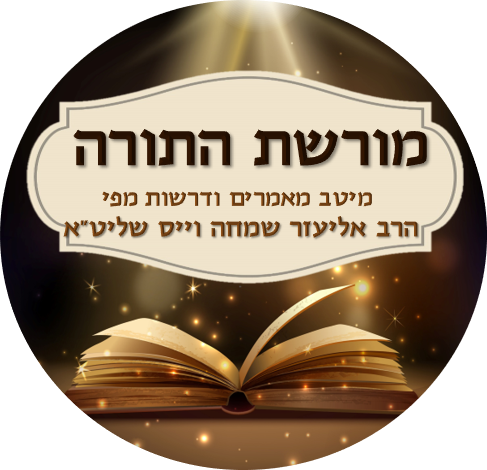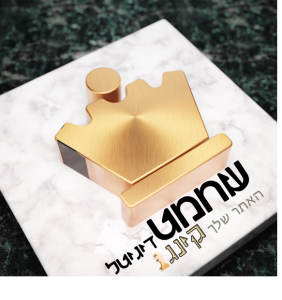Hukkas-“Stick and stones, may break my bones, but words will never hurt me.”
“Stick and stones, may break my bones, but words will never hurt me.”
Remember that old children’s saying that we chanted on the playgrounds of our youth.
It’s wrong.
Words can and do hurt us and others. People can hurt you with the bad things they say or write about you. Words are often very powerful and have the possibility of hurting severely. Indeed these words “words will never hurt me.” are recited in the children’s rhyme but more mature people might realize that:” Sticks and stones may break my bones but (bad) words will always hurt me.”
Our tongue, and the words that come from it, has incredible power. Words have the power to hurt or to heal, to tear down or build up, and to curse or comfort. Words have the power to transform the world we live in. From time to time words come out of our lips and, we don’t realize what we are saying. Most of us have had the experience of saying something to a friend or loved one in the heat of the moment that we instantly regretted. Sometimes. our words are misinterpreted or misrepresented to mean something they were not intended to mean – in transmission, either knowingly or unknowingly; such distortion leads to the dissemination of lies and deception. Words are used to hurt – to curse, to destroy, and to instigate. When we are angry we don’t realize what we are saying. We lose control of our tongue and what we said is said. Words are indeed powerful. We can’t take them back. Words can wound a heart, words can also heal a heart but the wound may heal but the scar remains. Each and every touch of the scar serves as a reminder of the pain inflicted by the words that were never meant to be said in the first place. Some times it’s better to keep silent.
This week’s Parasha, Hukkat demonstrates the true power of words through the thought-provoking experience of Moshe, and the rock.
After Miriam’s death, the people are left not only in a state of mourning but without a supply of water they were despairing of their future, having lost all hope and were desperately thirsty. They harshly plead their case before Moshe and Aaron, seemingly once again advocating for a return to Egypt. Moshe and Aaron enter the Tent of Meeting where God guides them to take the rod, to gather the community, and to order the rock to bring forth water. Moshe takes the rod, assembles the people, and declares, “Listen, you rebels, shall we get water for you out of this rock?” Moshe then strikes the rock and water comes pouring forth. After striking the rock (Bamidbar-Numbers 20), God declares to Moshe and Aaron, “Because you did not trust Me enough to affirm My sanctity in the sight of the Israelite people, therefore you shall not lead this congregation into the land that I have given them.” God thus punishes Moshe. Commentaries throughout the ages discuss the precise nature of Moshe’s sin. How did Moshe not maintain God’s sanctity?
There are many guesses as to the exact transgression of Moshe, including the suggestion that the actual sin is not reported in the Torah. Rabbi Hananel ben Hushiel of Kairowan, Tunisia, Nachmanides, and the Bekhor Shor R Joseph ben Isaac of Orleans, France argue that Moshe’s declaration to the rebels: “shall we get water for you out of this rock?” was mistaken, for rather than saying ‘notzi’ (we will bring forth [water]) Moshe should have said ‘yotzi’ (He [God] will bring forth [water]). Through a seemingly minor slip of the tongue, Moshe’s makes it seem that he attributes the miracle to himself – unwittingly changing the people’s understanding of his status and sets himself up as a god over the people instead of attributing the miracle to God. Moshe is guilty of the sin of misrepresentation. – that is to say, he albeit unknowingly changes the reality through his mere slip of the tongue. Ultimately, this leads him to being barred from entering the Land of Israel.
What a vital lesson this is for us today. In a world in which the use of language is abused and the right to express any opinion without restraint is considered inviolable the Torah teaches us a powerful lesson. We must be attentive and watchful in our use of words. We must think deliberately and carefully be observant in our choice of words, being aware of their power and how others may perceive them. Carelessness in speech is not an excuse; and may be a mistake with tragic consequences and developments that may prevent us from entering our own personal land of milk and honey.

 שחמט דיגיטל
שחמט דיגיטל